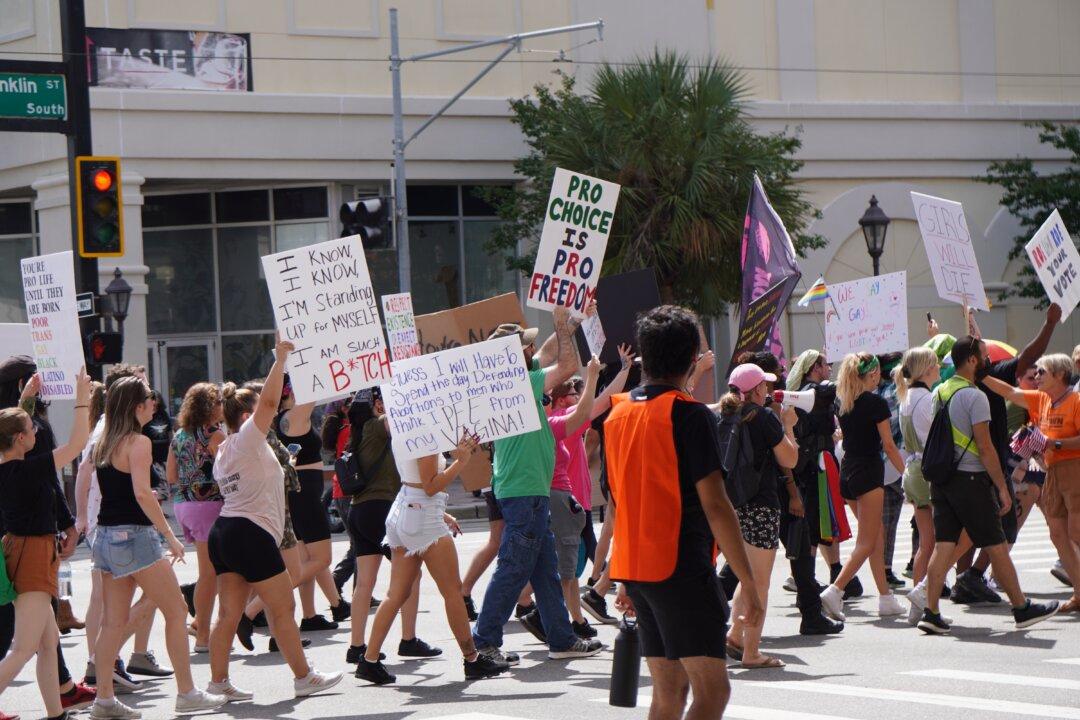Long after the ballots were printed, and just weeks before the Nov. 5 election, an abortion-related citizen initiative to amend the Florida Constitution is in legal jeopardy over alleged fraud in the gathering of signatures.
Days after evidence of the alleged misconduct surfaced, four state residents filed a civil lawsuit asking an Orange County, Florida, circuit court judge to strike the “Amendment to Limit Government Interference with Abortion,” known as Amendment 4, from the November ballot and declare it null and void.





